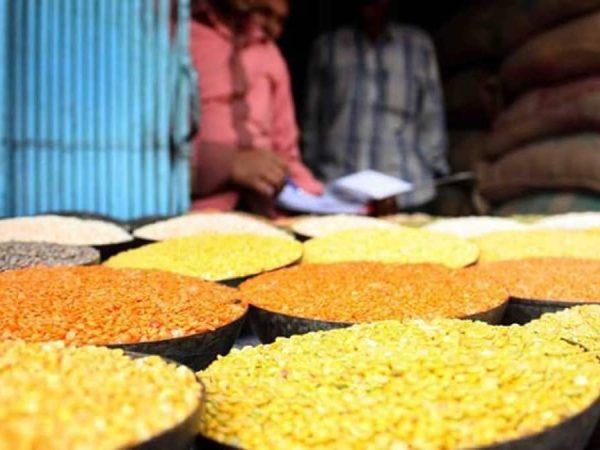Futures trade in agricultural items doesn’t lead to price changes: Study
The suspension of futures trade in several agricultural items on the commodity exchanges last year have had no impact on the retail price volatility, according to a study conducted by three researchers, including one from Indian Institute of Management (IIM), Udaipur.
Stating that suspension from futures market is often justified on the grounds of speculative activity emanating from trade in futures market, the study titled ‘Assessing the impact of commodity derivative suspension’ has stated that it has not found any role of futures market trading on price changes. Nor does it find any empirical evidence of impact of suspension of trade on price behaviours.
“These points towards the lack of any impact of derivatives contract suspension on mustard oil prices,” the study which focused on two commodities – mustard and chana, has noted. “The analysis shows that prices of mustand oil would have had a similar trend even without the suspension,” the study said.
In the case of chana, the futures trade of which was banned in August last year, price volatility has been minimal post and prior to the imposition of suspension.
Detailed price movements and other information of mustard and chana was analyzed as their demand is largely met through domestic production.
Also read: India’s job market outlook strong for Oct-Dec; 54 per cent companies plan to hire
Since 2005, the government so far has suspended 17 futures contracts for curbing inflationary trend.
To curb inflation, on December 20, 2021, commodity exchange regulator Securities and Exchange Board of India had banned futures trade of wheat, paddy (non-basmati), chana, mustard seeds, soya bean, crude palm oil and moong for one year. Earlier, mustard seed and chana (gram) futures trade were suspended on October 8, 2021 and August 16, 2021
Stating that the suspension of futures trade such as mustard seed and other commodities discourages the growth of domestic agri-derivatives markets, the study has noted that the move prevents India from setting global price benchmarks, despite being the major producer and consumer of several agricultural commodities.
Calling for removal of a ban on futures trade for development of agri-derivatives market, the study has suggested that there should be strict market surveillance and effective enforcement, transparency and timely availability of information on trends in production and stocks, which removed fear of market volatility.
The suspension of futures trade hinders the growth in development of quality networks under the Warehousing Development and Regulatory Authority ambit which ensures transparency and traceability of stocks of agricultural commodities through electronic-negotiable warehouse receipt (e-NWR) issued to the farmers.
According to Vijaya Lakshmi Nandendla, joint secretary, ministry of agriculture, said that there is a need to create more awareness and understanding about the derivatives market where price risk can be hedged amongst key stakeholders including farmers in the agricultural value chain.
The study was carried out on behalf of NCDEX investors protection fund trust. The objective of the study was to assess the impact of various policy decisions on the development of the spot and derivatives market.
The study was carried out by Nidhi Aggarwarl, IIM, Udaipur, Tirtha Chatterjee, Jindal School of Government and Public Policy and Karan Sehgal from Universidad Carlos III de Madrid.


Recent Comments